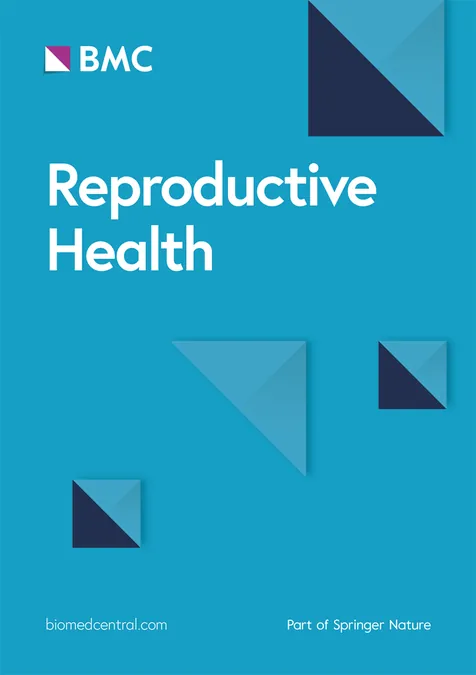
Unpacking Family Planning Challenges: Insights from Rwanda's Nyabiheke Refugee Camp
2025-05-16
Author: Sarah
The Dire Reality of Family Planning for Refugees
Refugees and migrants around the world face staggering barriers to accessing essential health services, including family planning (FP). These challenges are not only financial but also involve inadequate health insurance, language obstacles, and insufficient healthcare policies tailored to their specific needs. Women and girls, in particular, experience heightened risks during crises, with one in five women of childbearing age likely to become pregnant amidst the turmoil.
In the wake of conflicts and natural disasters, the repercussions for maternal and child health can be devastating, as medical support vanishes overnight, leading to increased exposure to violence and health complications. FP has gained global attention for its significant role in managing population growth, yet in 2019, nearly 290 million women in developing nations reported unplanned pregnancies.
A Troubling Trend in Rwanda's Refugee Camps
Despite Rwanda's commitment to improving access to FP services through collaboration with the UNHCR, usage rates among married refugees remain alarmingly low. In Nyabiheke camp, only 40% of women were reported to utilize FP services in 2019—a stark contrast to higher rates found in the general population.
Similar patterns emerge in other refugee camps across Eastern Africa, suggesting a systemic issue that requires urgent attention.
Exploring Barriers and Facilitators in Nyabiheke Camp
This study focused on identifying both the barriers and facilitators influencing FP utilization among married refugee women in Nyabiheke, home to over 13,000 refugees, primarily from the Democratic Republic of Congo.
Using a case study design, researchers conducted interviews and focus groups with health workers, local leaders, and the women themselves, aiming to uncover the nuanced factors affecting FP usage in the camp.
Key Findings: A Mixed Bag of Insights
Data revealed six core themes surrounding FP utilization. On the individual level, many respondents recognized the benefits of FP, such as improved health outcomes and better economic prospects for families. However, barriers like fear of side effects and widespread ignorance persisted, hindering adoption.
Interpersonal influences played a significant role, with women's willingness to use FP often dependent on spousal approval and support. Unfortunately, many women faced disapproval from their husbands, which limited their autonomy in reproductive choices.
At the community level, while FP services were available, limitations existed, particularly with certain methods and the lack of follow-up care for users. Sociocultural beliefs further complicated acceptance, with children viewed as a familial asset, and religious objections labeling FP as sinful.
Moving Forward: Recommendations for Improved Access
For FP services to be effectively utilized, it is vital to engage and educate both men and women in these communities. Government advocacy and health education efforts are essential, as is the need for consistent follow-up on FP users to maintain service uptake. Comprehensively addressing the socio-cultural narratives around family size and empowerment is critical for fostering a healthier future.
This qualitative exploration serves as a crucial step towards understanding the multi-layered barriers faced in Nyabiheke, underscoring the need for tailored interventions that consider the lived experiences of refugees.


 Brasil (PT)
Brasil (PT)
 Canada (EN)
Canada (EN)
 Chile (ES)
Chile (ES)
 Česko (CS)
Česko (CS)
 대한민국 (KO)
대한민국 (KO)
 España (ES)
España (ES)
 France (FR)
France (FR)
 Hong Kong (EN)
Hong Kong (EN)
 Italia (IT)
Italia (IT)
 日本 (JA)
日本 (JA)
 Magyarország (HU)
Magyarország (HU)
 Norge (NO)
Norge (NO)
 Polska (PL)
Polska (PL)
 Schweiz (DE)
Schweiz (DE)
 Singapore (EN)
Singapore (EN)
 Sverige (SV)
Sverige (SV)
 Suomi (FI)
Suomi (FI)
 Türkiye (TR)
Türkiye (TR)
 الإمارات العربية المتحدة (AR)
الإمارات العربية المتحدة (AR)